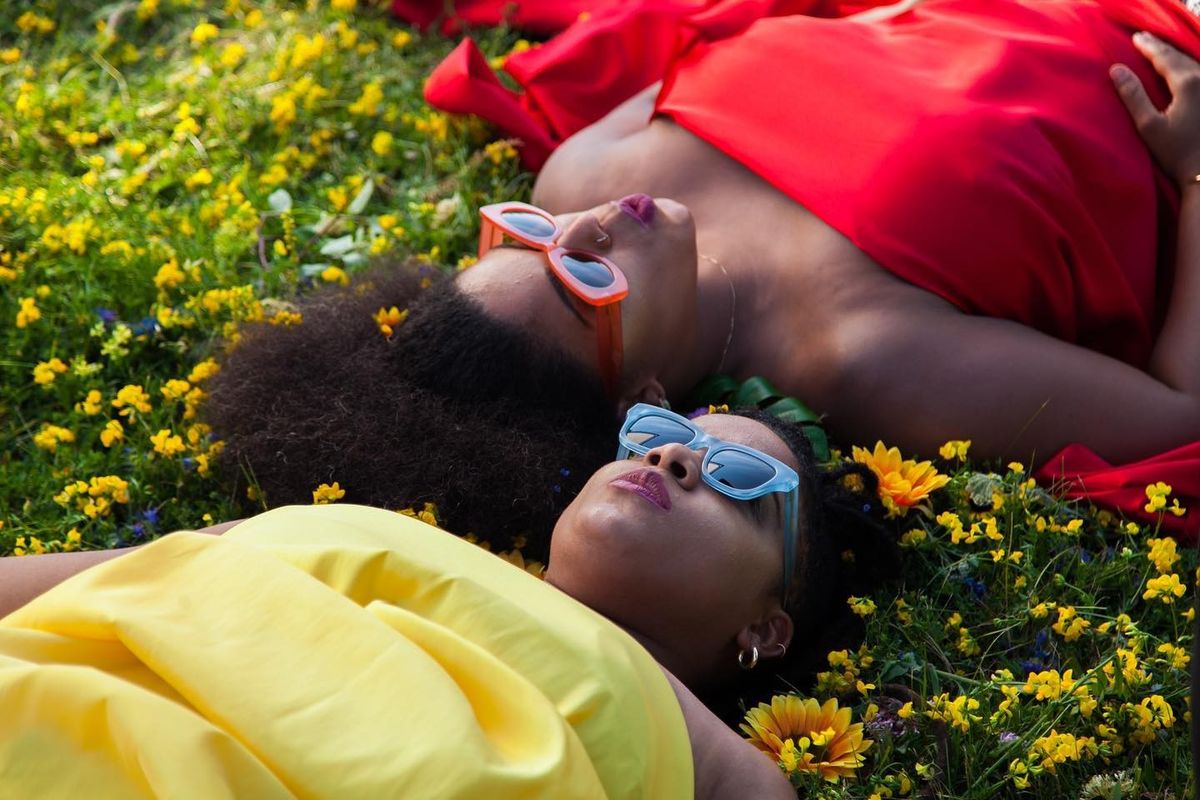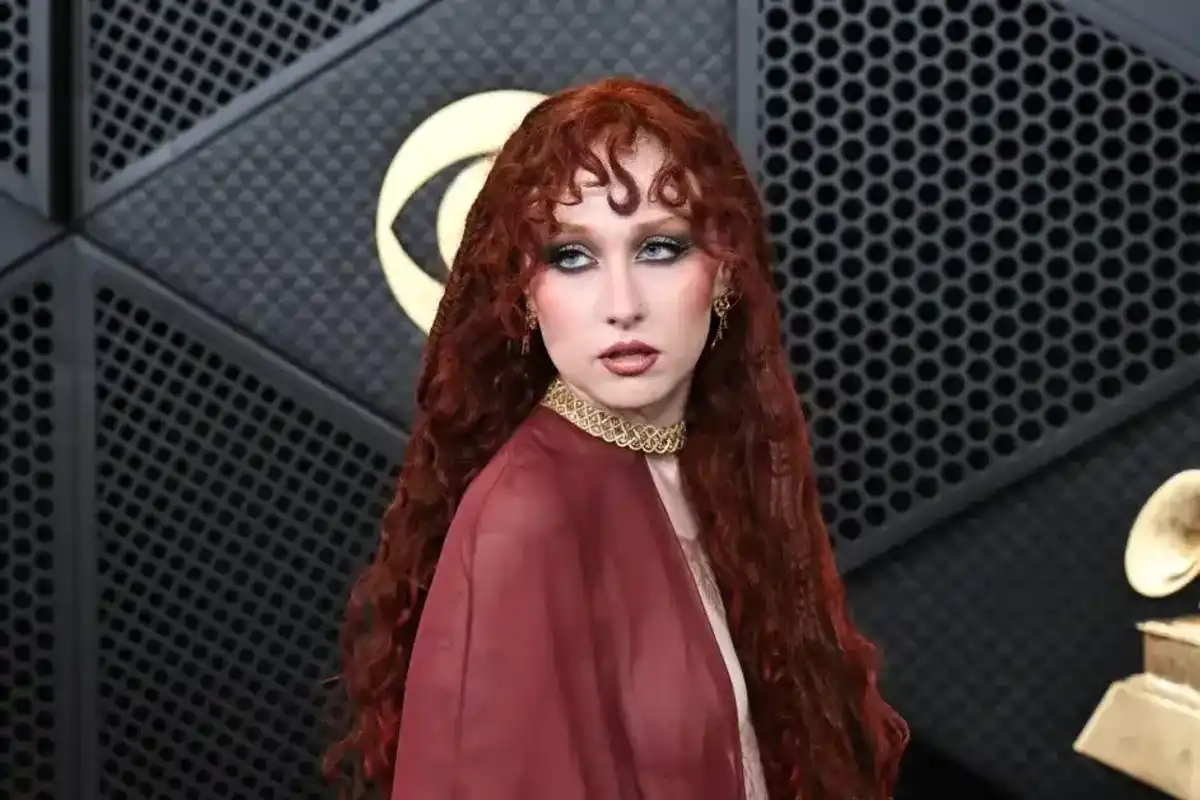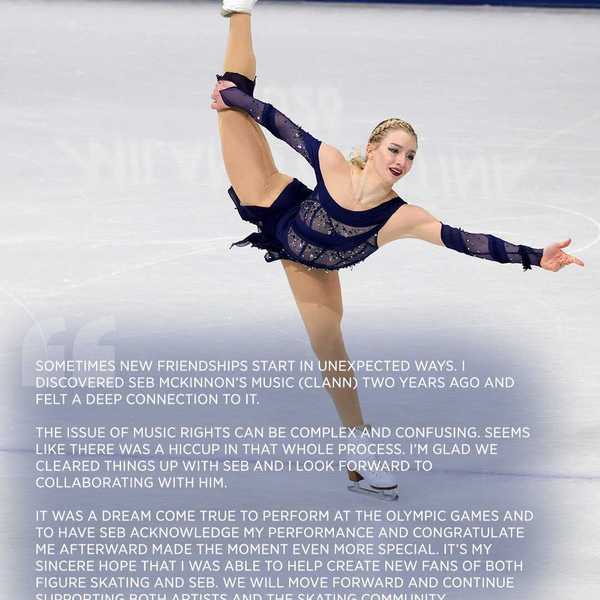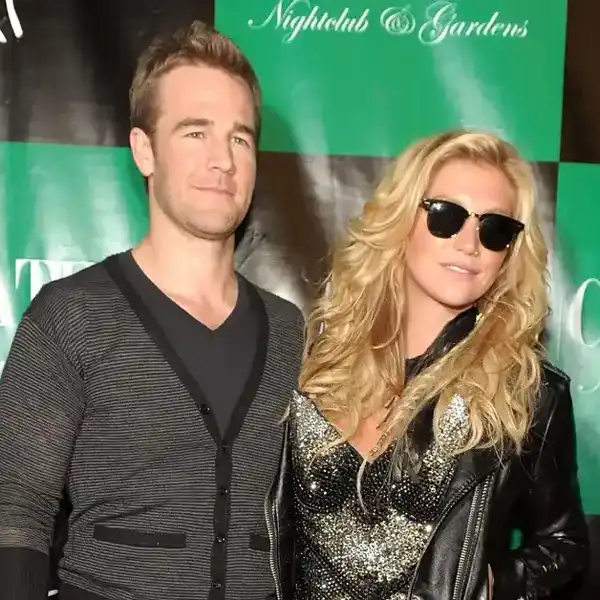A Conversation With Cuban-Canadian Duo OKAN
The Juno-winning Afro-Canadian duo sits down with Bill King for this wide-ranging interview to talk about their newest album OKANTOMI.

OKAN
The migration of some of Cuba’s finest musicians to Toronto and other Canadian cities has brought a bounty of musical possibilities. Whether dance, film, music or theatre, there’s an indelible heartbeat in the community. Much of the action is stationed around Lula Lounge in Toronto’s west end, where weekend salsa sounds draw loyal followers — dance floor packed and stage jammed with brass and percussion, the traditional make-up of vintage bands heard nightly in Havana’s Copa Cabana.
Toronto’s scene is ever-growing: pianist Hilario Duran and his big band; jazz meets classic Cuban rhythms; top heavy brass; trumpeter Alexis Baro’s Afro-Cuban jazz first heard in North America after jazz giant Dizzy Gillespie was introduced to Chano Pozo in 1947 by Mario Bauza, absorbed and later visited the island.
While most male-driven units play towards mainstream Cuban sounds, the charismatic ensemble OKAN rises as a dynamic force, effortlessly intertwining Afro-Cuban roots with a cross-cultural blend of jazz, folk, and global rhythms. Derived from the Afro-Cuban term for “heart” in Santeria, OKAN is the brainchild of Cuban Canadian virtuosos Elizabeth Rodriguez and Magdelys Savigne.
Central to OKAN’s musical prowess is their 2020 opus, Espiral, that clinched the coveted Juno Award for World Music Album of the Year in 2021. This triumph firmly established them as trailblazers in the fusion genre. Notably, their debut venture, Sombras, secured a nomination in the same category at the Juno Awards of 2020, marking a potent arrival onto the Canadian music stage.
Elizabeth Rodriguez and Magdelys Savigne, erstwhile members of Jane Bunnett’s lauded ensemble Maqueque, embarked on a transformative journey in 2017, founding OKAN. Their narrative is steeped in a profound connection to Afro-Cuban musical traditions, shaped by early exposure to the West African rhythms inherent in Santeria. This ancient influence, coupled with their formal state-sponsored musical education, forms the cornerstone of OKAN’s distinctive hybrid sound.
The duo, accompanied by a cadre of adept session musicians, demonstrates its versatility by attracting audiences both as an intimate duo and as leaders of an expansive ensemble. The latest chapter in their musical odyssey unfolds with Okantomi, a testament to their ongoing sonic exploration.
OKAN’s incorporation of Santeria rhythms and chants serves as an homage to tradition while embracing innovation. This fusion not only anchors its music in an ancestral legacy but also establishes a robust foundation for excursions into jazz improvisation and new-music atonality, showcasing their dynamic capacity for musical evolution.
As torchbearers of Afro-Cuban jazz in Canada, OKAN’s narrative resonates with themes of immigration, courage, and love, reverberating through the vibrant melodies and rhythms that define their distinctive sound. We spoke to the duo about their journey and the mark they're making on global music.
What a journey you two have had. Mags arrived first in 2014. For what reason?
I came to play with another band, Maqueque and Jane Bunnett. And then I decided this was my home. It streamed with opportunities. I tried to seize every moment, playing with diverse people and exploring various types of music like Turkish, Brazilian and Greek. And for me, it was amazing. I got to play with [Rodriguez] and the Rhythm Express, which opened my mind to new possibilities and things I could be part of.
You also had the great Cuban percussionist Jorge Luis Papiosco in your corner. He recommends you right off the bat.
Papi is amazing. He would guide me. “Could you sub for me in this band?” Things like that.
And he sent you out first. How kind of him and thoughtful.
He was very nice and kind.
It appears incredibly unusual given the percussionist chair has commonly been the property of men. Elizabeth, classical?
I call it machine mode when I get like that because she trained like a machine to play flawlessly from top to bottom, making no mistakes. I just channeled my teacher. I need you here now because I cannot mess it up.
North American music, everything’s four-four, and it’s based on two and four, the beat. But in your music, time has a different meaning. Time flows. You play outside the beat. It resonates, and you intuitively know where to fall within the spaces. Your background — classical percussionist. Piano? Elizabeth says, “12 years of indoctrination.”
Yes, true. They only allowed us to play classical music, not popular music. [I'm from] Santiago de Cuba. So, if they caught you playing popular music back in my day, they would kick you out of school or have your parents come to school and fine them. They didn’t allow you to do any of that. No, none. So, everything I learned, like percussion, popular percussion, the congas, what I do now, I did it on the street. I watched the big guys do it and learned on my own. Nobody sat me down and said, okay, let’s do this. Plus, I’m a girl. Nobody wants to teach a girl, right?
I’m so happy that things have changed. Not only because men are more willing to teach girls. It’s girls taking the initiative, not taking no for an answer, and saying, I want to do this, and they just do it.
Is rising star drummer Yissy Garcia the same age? Did you start together?
She also had a hard time learning to play drums. Her dad was a drummer for Arturo Sandoval. He didn’t allow her to play on his drums. But she did. And she’s amazing. You, see? Take the initiative.
Elizabeth, classical?
Violin. Learned through a Ukrainian woman. Let’s use the word strict and nerve-wracking. That woman, what doesn’t kill you, strengthens you. It strengthened me. I owe her a lot. Recently, we had a concert with the Symphony Orchestra of Nova Scotia. I remember my teacher because I had to get into that machine mode. I call it machine mode when I get like that because she trained like a machine to play flawlessly from top to bottom, making no mistakes. I just channeled my teacher. I need you here now because I cannot mess it up.
You would probably go through scales, patterns or books. Note for note: it must be perfect.
Totally. Making mistakes was not an option. Play scales for hours, yet I am a procrastinator. I will always use my talent to do it. Even at the last minute, I would drive her crazy. She wanted me to practice months in advance. And I was like, eh, I’ll get to that. And then I’d do it in a week. All my friends would do it like for months, and I was like, I will practice last week.
We’re in the basement and recording a tune, and I remember saying, I had just met you recently. You showed up at the Beaches Jazz Festival 2016 carrying Mag’s conga drum.
Yes. I will never forget that day because that was the day I ran out of my ex-husband’s house. Like, we split up that day.
In a blue dress!
It was my birthday, and I will never forget that day and the blue dress.
Mags, she was stunning. Carrying your conga drum. And we were curious what’s going on here?
She was my roadie. I was 27 years old. I got my sexy roadie here for everybody to see.
And you said to me, she’s amazing. She’s an amazing singer and violin player. We’re in my basement going over to tune. And I mentioned I saw this Ron Chapman film called The Poet of Havana. And Elizabeth says, “I‘m in it. I’m sitting next to Jackson Browne. “
I emceed the premiere. I thought to myself, “This young woman is amazing.” I’ve wished I could work with her. And here you are in my basement. I thought, this is remarkable, to be here with the two of you.
On my trip to Cuba in 1993, I was in Trinidad and experienced Santeria. I still feel the cigar smoke on me and can hear the African rhythms, the dance and the sweat. I thought about the importance of that and Afro-Cuban music and your heritage. The West African traditions and Catholic Saints interlocked. I’m still trying to make sense of that.
This is how African people found they could still celebrate and practice their religion. In this religion, this God represents water or the ocean. We’re going to use that, with our God, our goddess, that represents the ocean, and we’re going to call it the same.
Most religions are trying to explain nature. That’s the biggest power. And each deity has a name. We mix them together. They pretended to celebrate one saint, but in the end, they were actually trying to honour their own gods. They could not openly do so. It was like a cover-up. This religion was then born in Cuba. The way we practice it now was birthed in Cuba, using the tools and practices available here. We don’t practice the same way as the Nigerians.
The English allowed the countries they conquered to perform their own celebration one day a year. One day to dress up like their Orishas, perform the chants, and play their drums. So that day was like a huge celebration. So powerful that no one could take that away from you. Not even slavery. That created a whole other power that is not dead. It keeps evolving. And even when the revolution triumphed in 1959, they also tried to erase this religion, and couldn’t. That’s how powerful this thing became.
This results from the slave trade — Trinidad the entry point.
Yes.
The vestiges of that are still there, they even tried to erase.
Everywhere.
It’s also the introduction of Afro-Cuban music. It spread throughout the country, through the populace.
Too much power. We must use it.
Your new album, Okantomi, tells your story.
It was the first time we felt proud and happy with what we did. We listened to our own music without criticizing.
Without criticizing, you can stand back and listen devoid of a critical ear?
Exactly. And it has taken us years. This is the third album where we are like, okay, this is cool. We like it. There was significant work involved because of the three-year gap and the pandemic, which allowed us ample time to process, grow the songs, and develop as individuals. We became martyrs in the process.
We have grown as people. We came to terms with acknowledging and accepting everything we are. Yes, we have our Afro-Cuban traditions, roots and families, but the Western world also brainwashed us with classical music, and we had that training. We wanted to put everything together: everything we are, everything we do. Without overthinking the balance, like the way it came out. Many people ask us, how do we seamlessly mix the classical world so easily? It’s the natural way to make music for us. It’s a deeper dive into our roots, but with more acceptance and a little more knowledge. Also, more love.
We made peace with all our different backgrounds and upbringings. This album is so personal. Everything in the album talks about us. And where we come from and where we are directing our steps to, this is what we want to show people. This is OKAN, for you, a gift from us.
I’ve been to your apartment to watch you sing and rehearse. Mags jots these complex rhythms down, and Elizabeth grins — what is 11/3 time signature?
People try to overthink things too much. You can’t count. Exactly, I don’t want people to count. I want people to feel. If we talk about the concept of time, time is something that floats. It is now, it is tomorrow, and it is always the future. You must embrace and let the music guide you without being tied to a single beat. It doesn’t need to be established.
We had a moment in the production of this album with keyboardist Jeremy Ledbetter.
He’s terrific.
He is amazing. And he co-produced the album with us this time. The last song is a ballad where everything is so aggressive in the album, we decided to send people off easily. It’s a lullaby for our son I wrote about when I was pregnant. Jeremy knows the tempo, but he said people will not understand. And this was a fight between us. Nothing violent. We’re like, okay, Jeremy, I don’t care if people don’t understand the tempo. This is the way it is. And Jeremy’s like, no, but you have to give the people a beat. He made us do, like, two clicks before the group began. I don’t care if people feel like it’s somewhere else, it’s okay. I just want people to listen to the song and go with the flow.
I played Hammond B-3 on Papiosco’s Iroko Project album. Bassist Roberto Riveron thought an organ solo would work. I listened, then asked where to play. It was impossible to find beat one. Roberto stood behind and conducted me to the downbeat. I sounded great, yet I never knew where I was.
We were backing vocals for a Brazilian artist. Her name is Bianca Gismonti. She sent us a song; we recorded it, and it was Afro-Brazilian. A few months later, when we saw her here in Canada, and about to rehearse, she’s like, the one is here. We discover that after recording of the song and it’s out. It was great. Thinking the one was somewhere else, and it worked, and she liked it. When we rehearsed with her she explained where the one was and we’re like, what?
But it’s a different style. I remember when I first got here and had to play with the Turkish community, and I discovered 9/8, let’s talk about music. We are used to doing one, two, three, one, two, three. They don’t do that, they are one two, one two, two, one two, three, one two, one two, one two.
It’s a different accent. They look so natural doing it. They specifically know where the beats fall. How can you dance to that and sing? But then we wrote something like that, and I mixed it with a Cuban clave. And I was like, Okay, there are no rules. You put your soul into that. It’s different, it’s challenging and scary.
One of the first things I learned to understand was the laws and how people treat each other humanely in Cuba. Like Reinaldo Arenas, author of Before Night Falls. I remember the movie with actor Javier Bardem and the cruelty. You two are in a relationship. They sent men to prison in Cuba for that.
I didn’t even dare come out in Cuba. Subconsciously, I realize now I was attracted to women back then. I wouldn’t even resist to question that because there’s so little permission. And I didn’t. I’m here because there is more freedom and openness. When I started falling for Mags, I was like, Oh, I like a girl now. Let’s explore this. Mags has way more experience coming out in Cuba. It was hard.
The first thing is to face is your family. When your family supports you, you don’t care. Society can wait. My family has my back, so it’s fine.
Facing your family, your parents. That’s the hardest part. When you don’t have that support, find your support somewhere else. I had to leave my house at that point to be free, to do, to be who I am. It was difficult. I had to pretend to be somebody else for so long. I moved to Havana, to the other side of the country, where I had more freedom, but still. I couldn’t even hold hands on the street with my girlfriend. I had to do that here, in Canada. Only brave people do that there, and you get a lot of backlash, not only by the people on the street but also by people that might be gay. They are so afraid and so in the closet they criticize you.
Government has much invested in your lives.
It’s a militarized government. They accept nothing less than Black and White.
Even during the AIDS crisis, they were terribly callous.
They had camps and a logo saying work will make you a man. Wl trabajo los hará hombres. We will break you down, your soul will break here, and we’ll put you working in the fields until you become a man. They made artists slaves and cut their hair. Having long hair would lead to persecution. They persecuted people who practiced forgiving religions. This was not only before the revolution of 1959. This was after the revolution in the '60s. The experience was dreadful. Many artists had to leave. Servando Cabrera Moreno, Severo Sarduy, Reinaldo Arenas. So many artists got fired from their jobs. They had to leave the country, otherwise, they would face prison. Nobody aspires to be in prison.
And it’s great being here, isn’t it?
Oh, it is. Amazing.
I’m an immigrant. We come here and sing the immigrant song.
I know you’re American, and you love Canada deeply, but I have to say that I also love America. I lived there and found American people a little more direct than Canadians. I still cannot get with the Canadian passive-aggressive thing. However, I have learned from it. I appreciate, and I’m so grateful to Canada because it gave us, that freedom that we can be a team. A married couple. Every time I say I write this song, and I wrote for her, everybody’s like, aw, that’s so nice. In Cuba, people would be like, what?

















